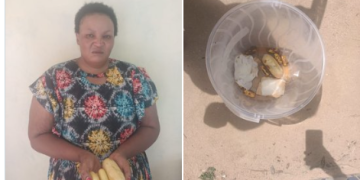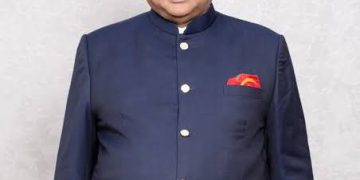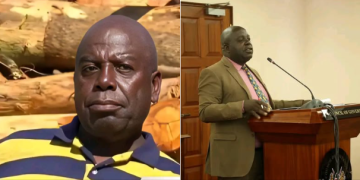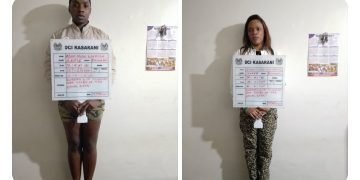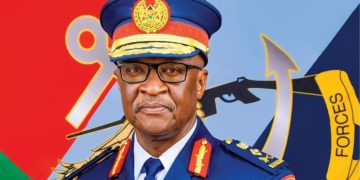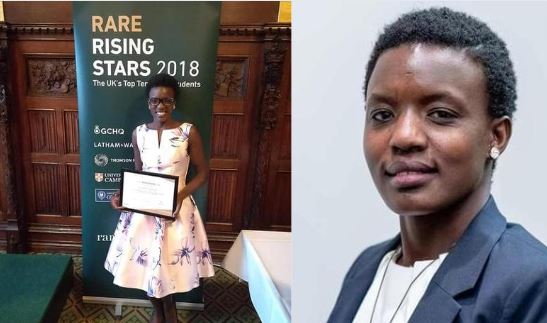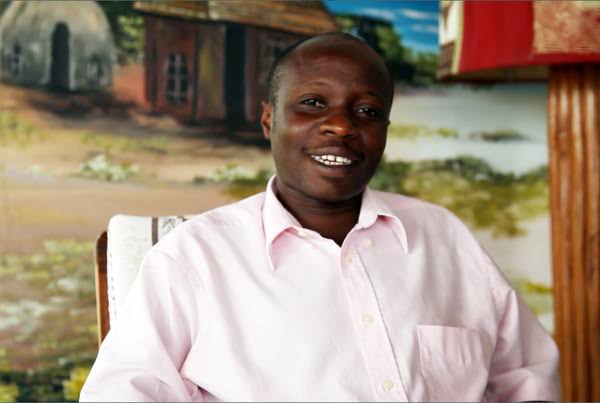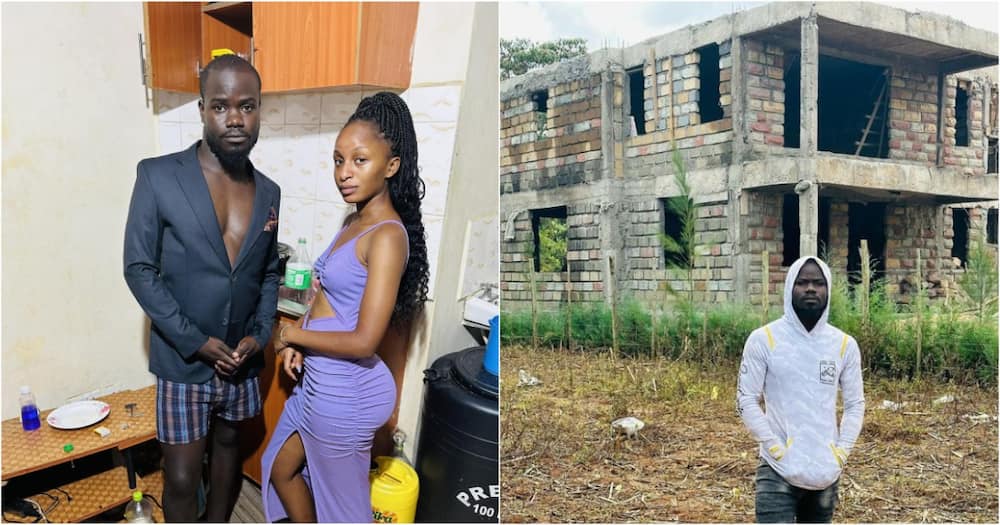Gladys Chepkirui Ng’etich has proven that education is the key to success.
Despite all difficulties, the dedicated Kenyan woman earned a PhD in aerospace engineering from Oxford University in England.
Chepkirui expressed her excitement to graduate from the famous university two years after completing her PhD studies in an Instagram post.
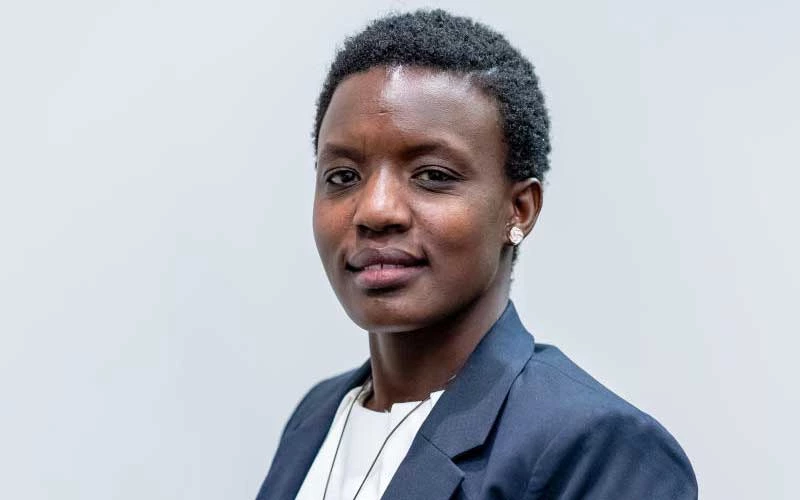
So how did manage to rise from bottom to the top?
Here is the story of Gladys as narrated in an interview with the Standard:
While pursuing BSc in Mechanical Engineering at JKuat, I got interested in a field of mechanical Engineering called Thermofluids.
And when I was searching for a postgrad project I was keen to take up a Thermofluids related project. That is how I came across my PhD project (aircraft engine cooling) at the University of Oxford. That is how I ended up in aerospace. Aerospace engineering is the primary field of engineering concerned with the development of aircraft and spacecraft.
It has two major and overlapping branches: aeronautical engineering and astronautical engineering. Avionics engineering is similar, but deals with the electronics side of aerospace engineering.
It is assumed that engineering is a tough course. How did you earn a distinction?
Yes, engineering is a tough course and requires concentration and hard work. We were nine girls. To get a distinction I dedicated many hours in the library and actively participated in a discussion group.
It was tough at first as I tried to adapt to the new environment. But once I settled in, however, I started enjoying the research.
What are some of the things that those awarding the scholarships look for?
The judges, the Rhodes scholarship application, in my case were looking for three key things: a demonstrated leadership skills set, extracurricular activities that I was involved in, and excellent academic performance.
If you can demonstrate all these three, then you can easily win the Rhodes scholarship.
How do you feel winning the Schmidt Fellow Award?
I was extremely happy that after a long and vigorous process, I was finally accepted. It was around 2pm when I received a phone call announcing that I was one of the 20 fellows. I was waiting anxiously in a hotel room in New York.
The Schmidt Science Fellows Program presents is a $100,000 (Sh10.3 million) fellowship award to global leaders and innovators in the fields of engineering, natural sciences, mathematics as well as computing.
The award is given to the world’s best aspiring scientists who have a broad perspective, have the ability to engage in an interdisciplinary way and have the chance to make a lasting impression in the society.
In addition, this fellowship comprises of a full-time, 11-month or longer postdoctoral research study in a discipline, which is different as each recipient has a different area of expertise or planned future focus.
The selected scholar will be assisted to choose a laboratory at an elite institution for their interdisciplinary research.
What are you working on?
As an aerospace engineer, I am working on a new technology that is designed to improve cooling in jet engines.
My work could help develop more efficient and less environmentally damaging aircraft engines.
Now, as a Schmidt Science Fellow, I will move into the application of space science technologies, such as satellite imaging and sensing, to support sustainable development goals.
How did you feel winning the Barbaroa excellence award and the Engineer B K Kariuki award?
The mechanical engineering course was quite tough. As such, winning these awards was a big deal for me. In addition, they confirmed my abilities and added to my confidence.
This came in the backdrop of studying at Lelaibei Primary School in Olenguruone, an ordinary rural institution with no tarmac road, piped water, electricity or computers.
You did score highly in primary school…
Considering limited resources in the primary school that I went to, we were mostly grateful for the 298 marks I scored in KCPE. My marks could not secure an admission to a good national school because I scored a lower grade. Getting an admission into Mercy Girls Secondary was a privilege for me and that is what motivated me to work harder.
What next?
I am planning to work in aerospace/space related fields. I am also doing some mentorship work with ILUU – an organisation we set up with two of my friends.
The organisation focuses on empowering, inspiring and mentoring young girls in Kenya.
Your parting shot
I want young people, especially girls to know that the sky is the limit. With all the hardships I have experienced, I was still able to achieve my goal and that proves that if you believe in yourself, nothing can stop you.

